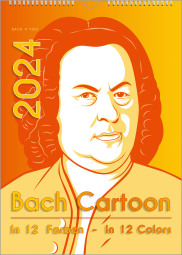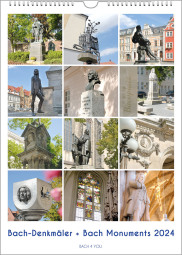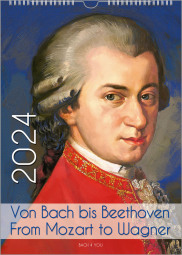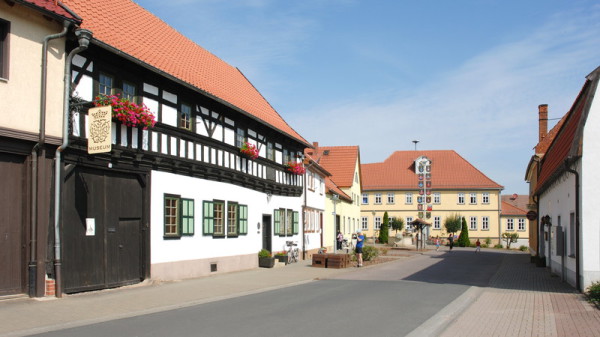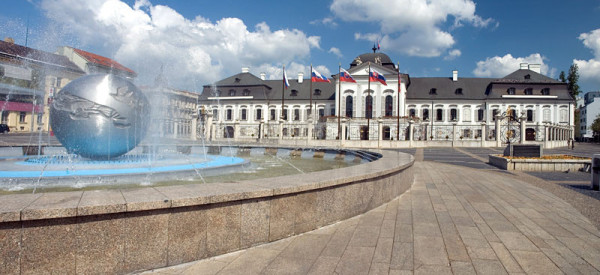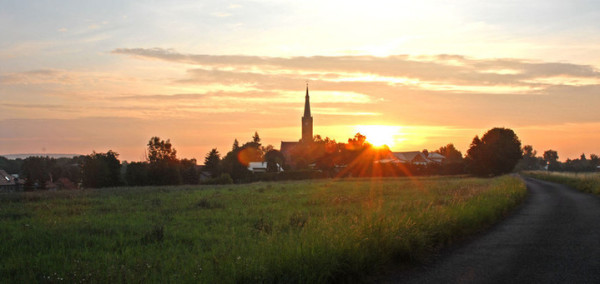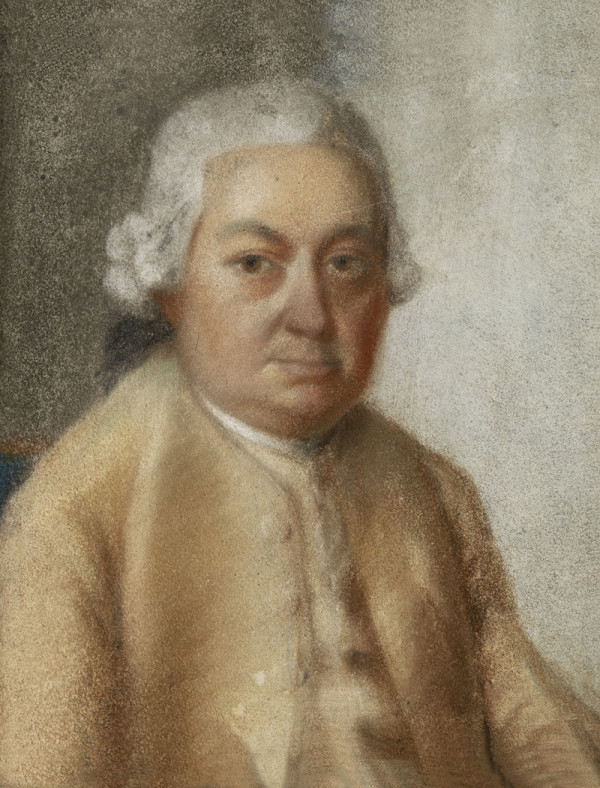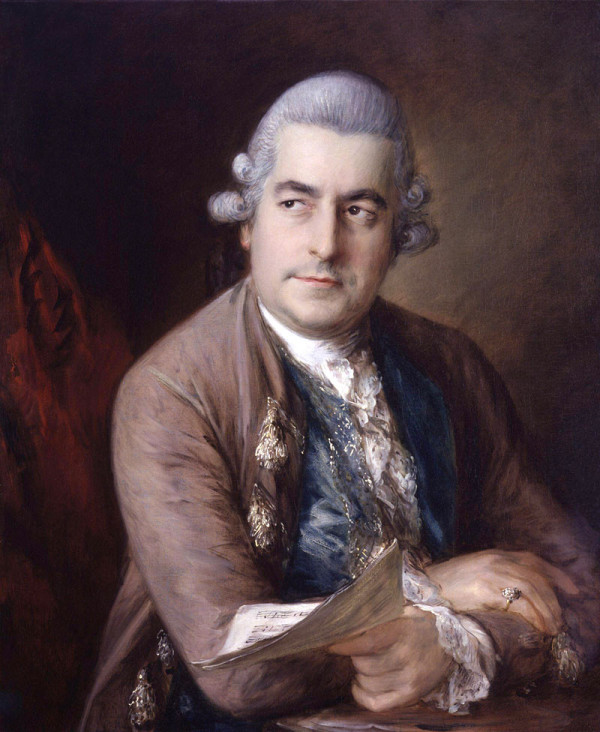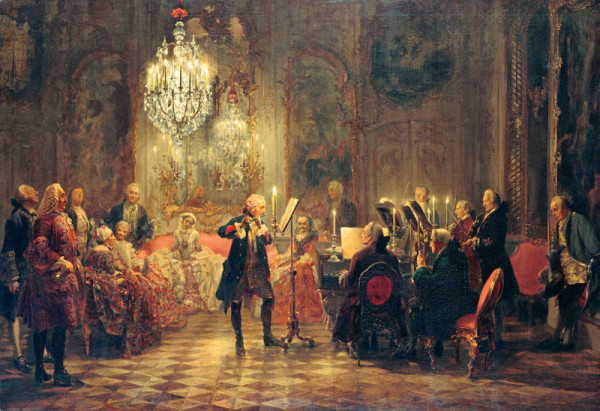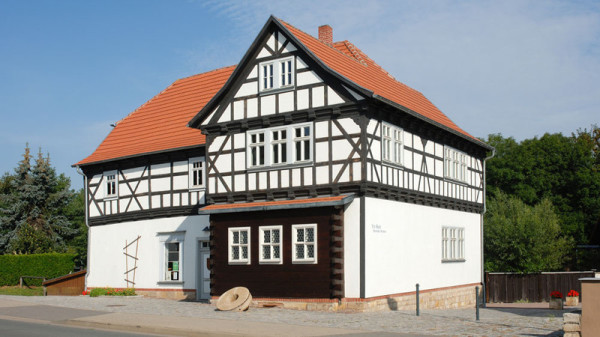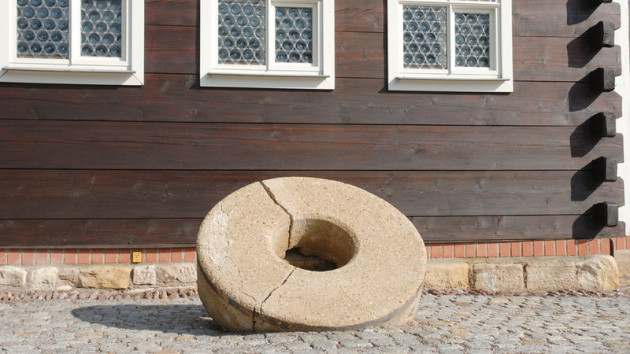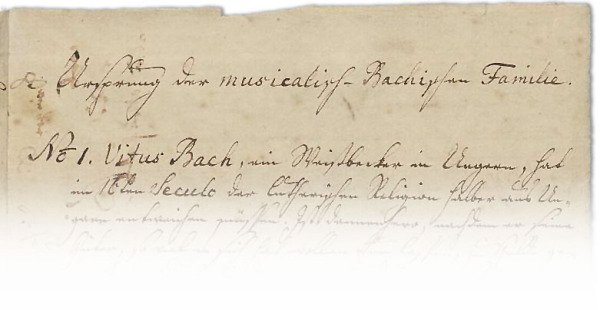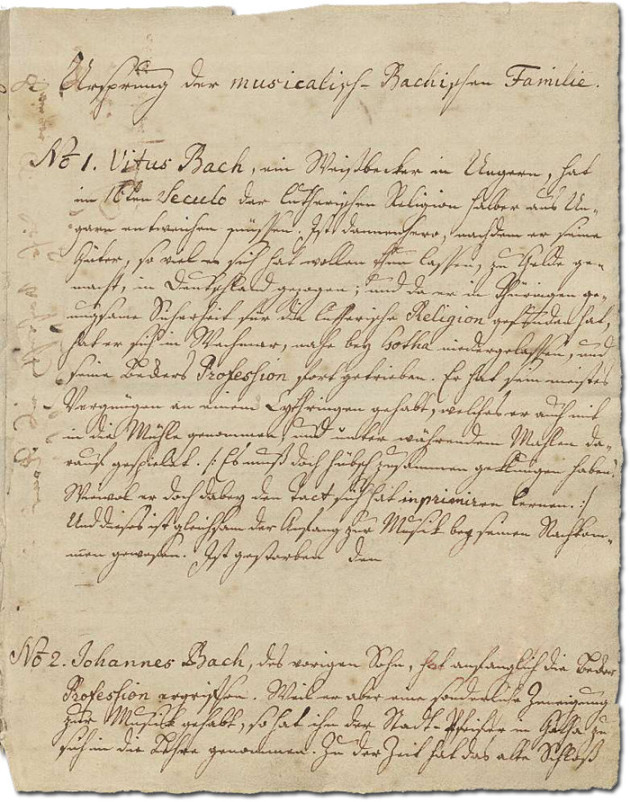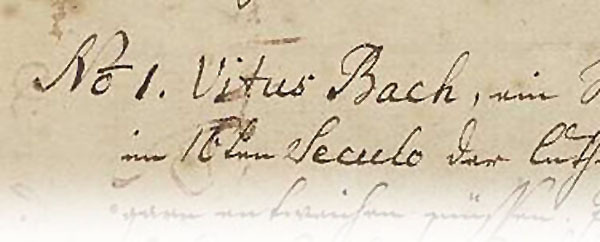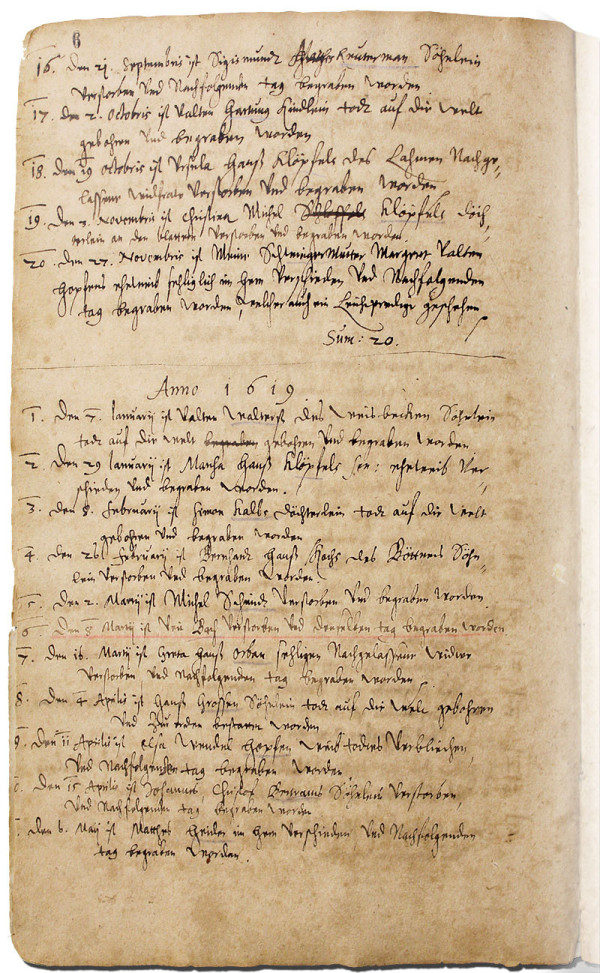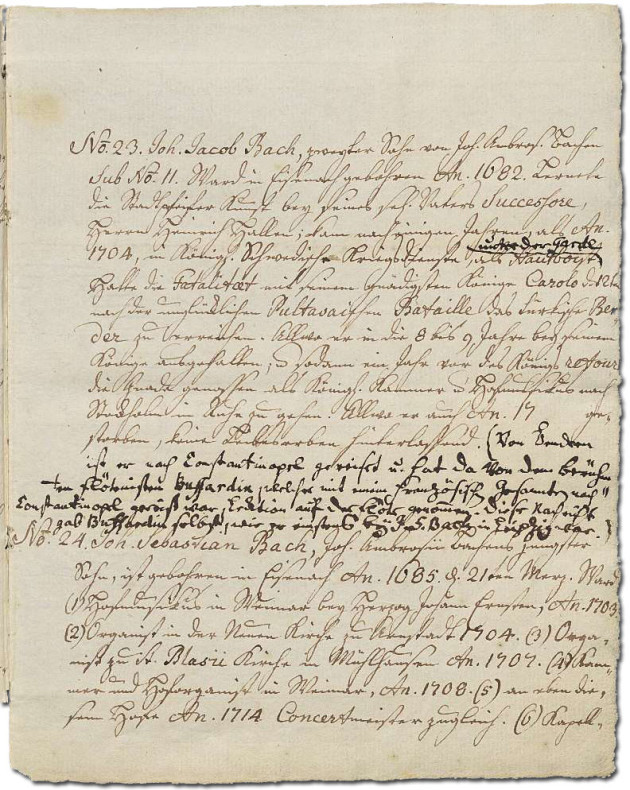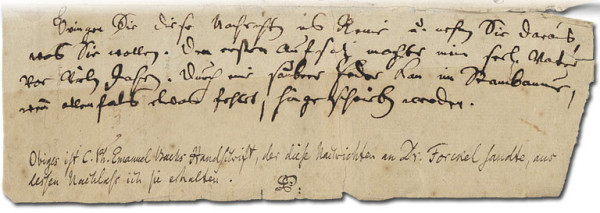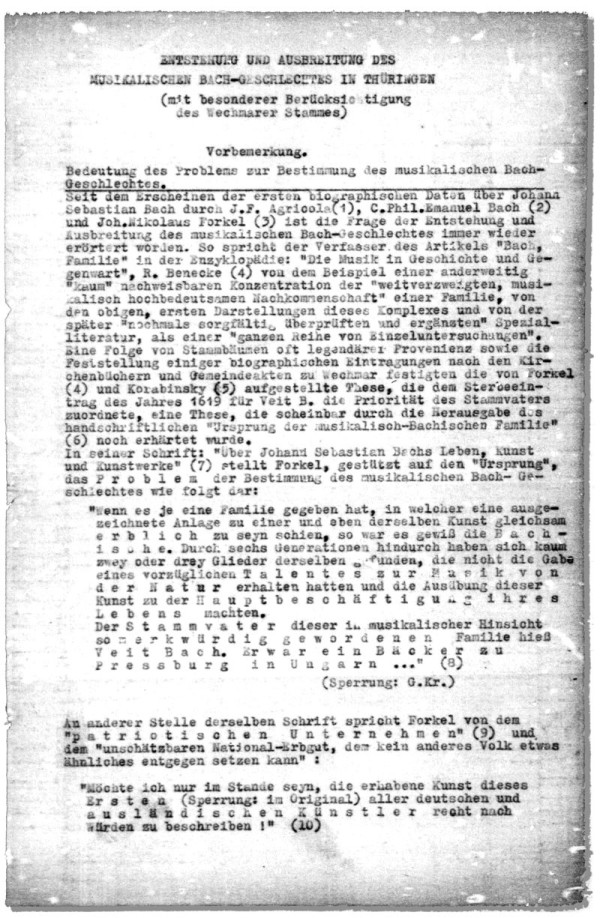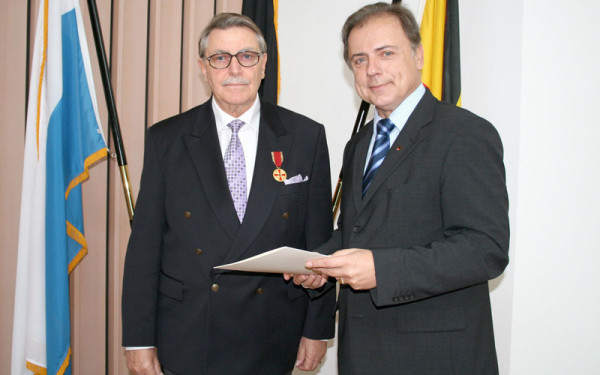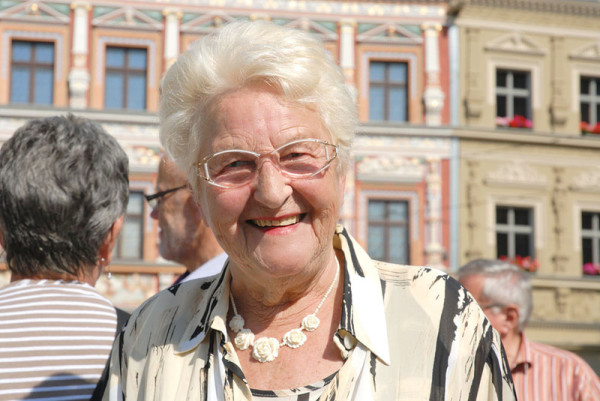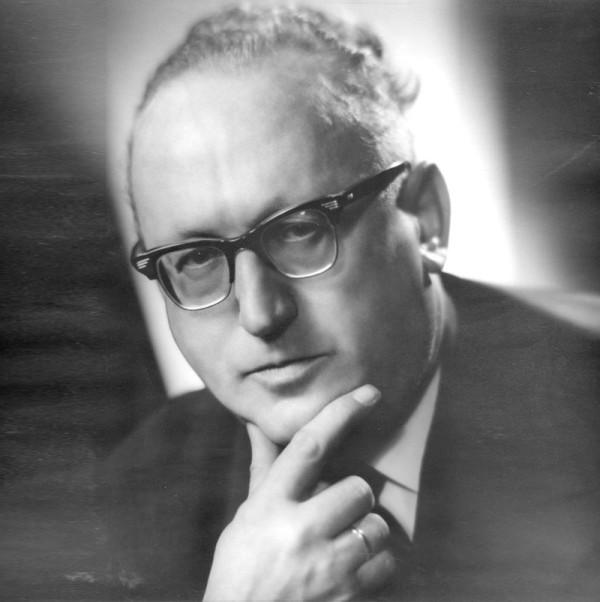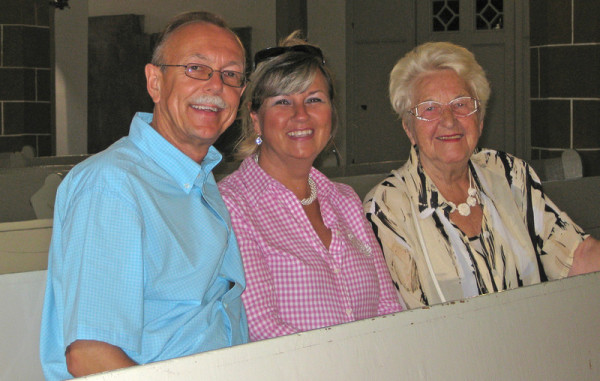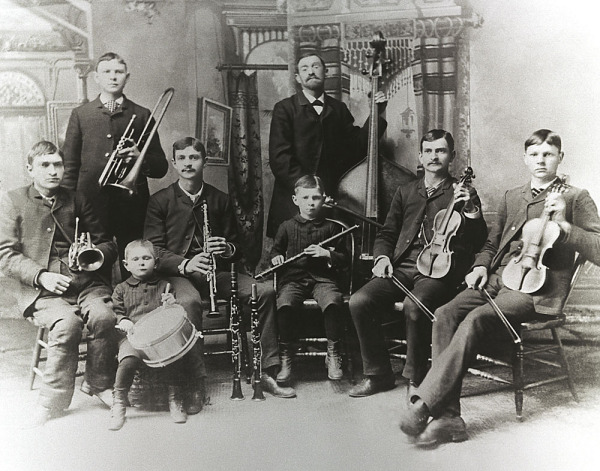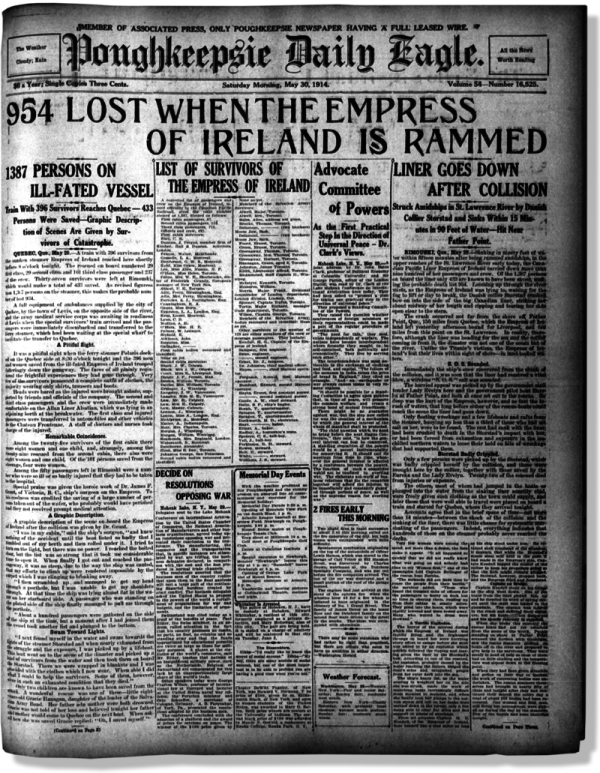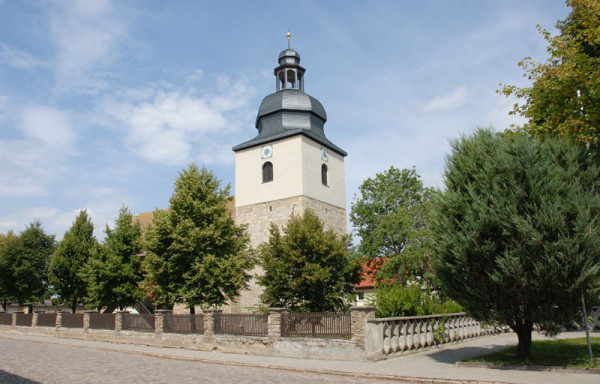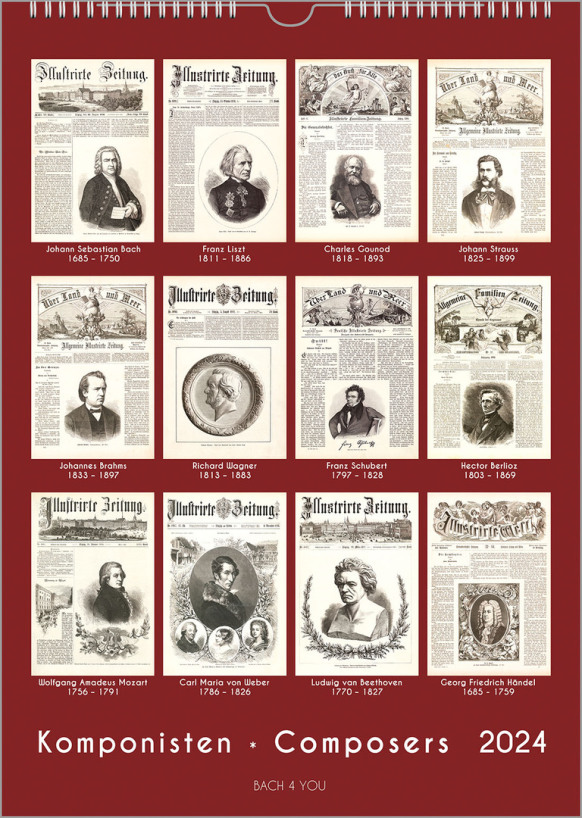
The Johann Sebastian Bach Genealogy
The Bach genealogy. Confusing, confusing. However, this Bach genealogy confirms: The Bachs are the biggest family of musicians of all times. By far. For more than 250 years Bach genealogists and Bach scientists fight about the Bach Family of Musicians. It is not about different opinions, different theories or different approaches. There is a fight about where the roots of the family of the Royal Polish and Electoral Court Composer really began.
Plus, scientists "in the matter of Bach" already fight for a long time: Which genealogical background is acceptable to research not yet accepted branches of the Bach Family of Musicians. That still happens today. Not 100 years ago. Or 50 years ago. It's a total of more than 250 years! It is about, who is a member, which branch is part of this small family. And, who is not? Plus, the genealogy of the Bache, how they were called back then, is indeed absolutely complicated.
In one of the first biographies about Johann Sebastian Bach, the author Johann Nicolaus Forkel listed several Bachs around the ancestral home of Wechmar in Thuringia. Among these communities, there is a village with the name of Gräfenroda. Did the genealogy of the family start there, before this family became a family of musicians in Wechmar?
It's in Pressburg, today the city's name is Bratislava, capital of the Republic of Slovakia, that the genealogy of the Bach Family of Musicians did not start at all ... so much is sure.
Pressburg is Bratislava today. Bratislava is capital of Slovakia and for the advanced people in the Bach Genealogy, this city is a challenge. Because on the one hand Johann Sebastian Bach himself stated, that his great-great-grandfather had "... to flee from Ungern". On the other hand, there was just one single person on earth, Johann Matthias Korabinsky, who stated, because he "found" one baker whose last name was Bach in or near Pressburg, it was there where all the Bachs came from. However, overwhelming many considerations lead to the perception, that this is not possible. That is why the genealogy of this family of Johann Sebastian Bach actually started in Thuringia.
It was in Wechmar, the closest community to the Bach City of Gotha, where the genealogy of the most famous family of musicians in the world, the Bache, started. It was the great-great-grandfather of Johann Sebastian Bach, who lived and worked here.
In the Johann Sebastian Bach Genealogy, There Are at Least 17 Johann Christophs
As well shortly after Veit, who died in Wechmar in 1619, the Bach Genealogy is really complicated. Because it remains unclear, how many sons Veit Bach and how many descendants his son Hans really had. Church records even disappeared in the recent past. So it is necessary to organize this genealogy from different sources again and to complete it.
A huge problem is created too by the fact, that uncountable members of this family had had the name of Johann, Christoph and Johann Christoph. Sure, we do know, who was the father of so-called Bückeburg Bach and what the names of Carl Philipp Emanuel Bach children were. However: If you research deeper and deeper in the Bach Genealogy, there are many exciting facts present regarding the origin of this family, which are not mentioned in the standard works of the last generation of Bach Scientists. For this reason, the genealogy of the band leader Johann Sebastian Bach became an adventure for two hobby genealogists in Heilbronn with the same last name, which is Bach. They search and already found new findings just like Indiana Jones experienced it once. For both Bachs from Heilbronn in Baden-Württemberg, it's like digging out Troy. Again.
As well shortly after Veit, who died in Wechmar in 1619, the Bach Genealogy is really complicated. Because it remains unclear, how many sons Veit Bach and how many descendants his son Hans really had. Church records even disappeared in the recent past. So it is necessary to organize this genealogy from different sources again and to complete it.
A huge problem is created too by the fact, that uncountable members of this family had had the name of Johann, Christoph and Johann Christoph. Sure, we do know, who was the father of so-called Bückeburg Bach and what the names of Carl Philipp Emanuel Bach children were. However: If you research deeper and deeper in the Bach Genealogy, there are many exciting facts present regarding the origin of this family, which are not mentioned in the standard works of the last generation of Bach Scientists. For this reason, the genealogy of the band leader Johann Sebastian Bach became an adventure for two hobby genealogists in Heilbronn with the same last name, which is Bach. They search and already found new findings just like Indiana Jones experienced it once. For both Bachs from Heilbronn in Baden-Württemberg, it's like digging out Troy. Again.
Carl Philipp Emanuel Bach: If he is the Hamburg Bach plus the Berlin Bach, then this fun is not helpful when it comes to research the correct genealogy around the family of musicians.
It is similar to the fourth of the famous Bach Sons: Johann Christian. He is not only the Milan Bach, Milan in Italy. But he is the London Bach as well. Sometimes, family research really is a rocky road.
Regarding the Bach genealogy: Carl Philipp Emanuel Bach played for King Friedrich II of Prussia (King Frederick the Great) for a while. In the picture, he is sitting behind the harpsichord. The King is playing the flute in the middle of the painting. The artwork is titled "Flute Concert". Later Carl Philipp Emanuel moved to Hamburg. At least they know about the CPE'S sons. Good for the Bach genealogy.
This is where Johann Christian once was performing before he moved to London: The Milan Cathedral. His way is clear on the one hand ... on the other hand, it comes up with new mysteries in the Bach Genealogy. Does one detail in this branch of the family research lead to the United States of America? Or, more precisely: Does it lead to Kentucky?
Is the Bach Genealogy Accomplished Meanwhile?
A crystal clear "no". It's not accomplished until today. Plus, it won't be tomorrow too. However: the Bach genealogy until 2010 is definitely antiquated. Of course, this is true especially for the current century, this is to say the years between 2000 and today: the youngest Bach in the family of musicians was just 10 days old, appointed date November 2013. So the genealogy of Johann Sebastian Bach has changed actually in November 2013 for the recent time. And it will change further in the future.
That leads us to the Bach Genealogy in the width. It is about branches, which couldn't be attached in the past, that is to say in the 1980s and 1990s. Like Helga Brück managed to attach an American branch to the German genealogy some 15 years ago. Much, much research, experience, time and just an ounce of good luck led to the fact back then, that some descendants of Veit Bach – the great-great-grandfather of Johann Sebastian Bach – got notice of his origin and today belongs to the family of the composer: genealogy on an everyday basis. Like Helga Brück managed to add this branch in America to the Bach Genealogy, there is one more line today, in Thuringia, as late as 2012, which could be added.
The Veit Bach Mill in Wechmar. Here the genealogy of the family of musicians of Johann Sebastian Bach once started. Here Veit Bach was playing on his "Cythringen", an early version of a nowadays cittern. And, that was according to the clattering of the mill.
The beginning around the Bach Genealogy: this was the mill back then, in which Veit Bach worked together with his son Hans for at least some time after they emigrated from Ungern, which today is written Ungarn and means Hungary. It is almost sure Bach meant "Ungarn", not a village named Ungern (... see one letter changed?). There is no such a thing like a village or a name of Ungern, where few scientists believed it is. And for that reason, they still fight regarding the early genealogy of the early Bache.
It is of exceptional importance for the Bach Genealogy: Johann Sebastian Bach himself wrote in his "Ursprung der musicalisch-Bachischen Family", which is the "Origin of the Musical Bach Family", that Veit had to escape from Ungern "... because of his religion". There were voices, who stated, it is about a community of "Ungern" (... did you discover the difference? Ungarn in German is written with an "a" as the last letter but one). That means, they believed Johann Sebastian Bach didn't write about the country, state or kingdom of Ungarn, which is Hungary. But about a village called Ungern. Which is really unlikely, as they even used to translate Hungary to Ungern, back then. Not to Ungarn later.
Ungern, Ungarn ... Is that Really Important for the Johann Sebastian Bach Genealogy?
This is indeed the question: Is it important for the genealogy of Johann Sebastian Bach, whether his great-great-grandfather came from a community with the name of Ungern or from the kingdom with the name of Ungarn, which is Hungary? Or from Pressburg, which was a city in back then Hungary? Well, it depends. If you try to find out the way of the Bache back into the past, because - for instance - you are assuming a common ancestor, than it's of crucial importance.
That is true for some, who feel they are a part of this Bach Family and their genealogy or whose grandfather told about, they "... are supposed to be related to Johann Sebastian Bach". This weak indication, this story during the generations, however, is a reason, to investigate more intensively. Because it is not just a pretension if grandfather expressed it. If he hasn't been a downright joker.
But why is this hint " ... we are supposed to be related to Johann Sebastian Bach" or similar prominent families such an important and serious hint for the genealogy of your own family? Finally, is it a hint at all? Or is there an assumption, it is a joke which is handed down for generations?
First of all such a statement, if it is not constructed, is either pretension or an indication. No proof, no document ... just an indication of low value. If you allow, that Johann Sebastian Bach, in his collection of 53 Bachs, found no proof at all in church files, that his great-great-grandfather was indeed Veit than that has to be true for the nowadays Bachs too. Johann Sebastian Bach has composed dreamlike music indeed. But he was not a genealogist at all. Not even a hobby genealogist. Not even the "Ursprung", this short designation of the collection which is mentioned above, can be considered a family tree. It is not even a small genealogy of the musical members of his family. This is because both wives of Johann Sebastian Bach were singers ... and they are missing in the record. Plus, some of the mentioned 53 male Bachs weren't musicians at all. And, all female children with his two wives are missing too.
The "Ursprung der musicalisch-Bachischen Familie" which is "The Origin of the Musical Bach Family" – he chose this name personally – is an unimaginable invaluable treasure for the genealogy of the Bach Family of Musicians. However, it's just no genealogy of the family of musicians. Johann Sebastian Bach created a priceless collection of persons, according to which whole generations of genealogists built their own research. However: a family tree ... is it not.
Here you see the whole page 1 of the "Ursprung". "Ursprung" is a shortcut for the term "Ursprung der musicalisch-Bachischen Familie", which is the "Origin of the Bach Family of Musicians". Johann Sebastian Bach himself arranged this list in the age of 50 years, but it is no family tree in the genealogical sense ...
Important for the genealogy of Johann Sebastian Bach: In his list, Veit is the absolute number 1 of the family of musicians.
In this church document the death of Veit Bach, great-great-grandfather of Johann Sebastian Bach is mentioned. The year: 1619.
If this "Ursprung", that is to say the document above, is no family tree, what does this whole document mean for the family research of the whole family? This document is genuine, there is no doubt ...
... however: Johann Sebastian's list is a foundation of first class for the genealogy research of dozens of Bach Genealogists. It would have been a family tree, a genealogy or a family research ... if the master had mentioned the ladies, more dates of birth and more dates of death. Plus, finally the names of all those, who didn't have any connection to the theme of music, but naturally were members of that family too.
The Years 1619 or 1504 – When Does the Johann Sebastian Bach Genealogy Actually Start?
If one of those famous Bachs wrote of "... the famous family of musicians from 1504", there are two options: either there is one more famous family of musicians with this last name of Bach. But how should such work, because the author of the so-called "Kirchenbuße" which is the "Church Penance" is indeed related to Johann Sebastian Bach? Plus, this relatively unknown Bach Family Member wrote of his own genealogy. So, he had, back then – at least it was handed down – knowledge about a crucial event in the year 1504. That is to say, he knew more, than Johann Sebastian Bach listed in his document "Ursprung". To compare both documents and statements, it's important to judge both sources: the one of Johann Sebastian and the one which was written by the Bach mentioned above and is still called "Church Penance" today. Both have to be judged scientifically on the same level.
Actually, the letter with the mentioned "Church Penance" as a source, is even more authentic than the "Ursprung", because the penance is preserved genuine. The Ursprung of Johann Sebastian Bach, however, is not existent anymore. The handwriting, which you find on the internet and on these pages, in books and in Bach Museums, is the handwriting of Bach's granddaughter. In the sense of genealogy the probability the family history started in the year 1504, is "just an idea" more believable.
To Lose Discoveries Again: That Seems to Be the Eternal Law With the Johann Sebastian Bach Genealogy for Centuries
Three publications regarding the genealogy of Johann Sebastian Bach of four great researchers have been published before the new millennium began and you can still buy them today, however not as new copies. The fourth scientist in the field of the Bach Genealogy was Professor Günther Kraft from Eisenach. His extraordinary research was a postdoctoral qualification, which was unfortunately never published.
There is one curiosity regarding the genealogy of Johann Sebastian Bach: unfortunately, it's by far not that exciting as the music of the Thomas Cantor and it's not that interesting as the life of the band leader. Of course, discoveries in the Bach Genealogy are exciting. But this is true only for a tiny group of folks, who are interested in those details.
However, the fact is: until recently, there was no central or interested institution, which collected this genealogical knowledge and made it accessible for next generations. There is a professor at the University of Cambridge, Ireland – his name is Yo Tomita – who equipped himself with an unbelievable amount of work to catalog all publications, that have ever been published regarding Johann Sebastian Bach and more members of the family of musicians. However, it is an amount of meanwhile 54,000 documents, books - with a total of some 7,000 biographies - articles, postdoctoral qualifications, and newspaper articles. They are there, "somehow". But first, you don't find Yo Tomita among millions of internet websites, if you don't know his name or fill in "Bach + Biography" in the search section of Google, after assuming there is such thing. I didn't. And later on, you won't find these few books regarding genealogy without an immense amount of time and research. Plus, like me, you actually just don't know about their existence.
But that is true only until today, as now there is a 1,000-page website "Bach on Bach" on the internet regarding this theme, which two hobby researchers in Southern Germany built up more and more, still cultivate it and will hand its management inside the family down to the next interested generation. In many years from now. Do you want to meet the two? Here is the link to Peter Bach, Jr. and his wife Renate.
Kurt Hermann Frickel (... on the left) is one of the great Bach scientists, and he accomplished an unbelievable result with his genealogy of Johann Sebastian Bach. He received the Federal Cross of Merit of the Federal Republic of Germany for his work.
Helga Brück from Erfurt (... experience Mrs. Brück in a video of six minutes length) was one of the great Bach genealogists too. She researched successfully and found a Bach branch in the USA. She as a Bach author as well. Much too early, she died in the fall of 2013.
Probably the most exact and most scientific researcher in the circle of the "great four Bach genealogists" is Professor Günther Kraft. His work was de facto missing. Not in the sense, that it didn't exist anymore. No, the truth is nobody who was interested just had an idea there is such a treasure. Those, who needed that expertise urgently, had no hint, there was such a document. Those who knew about such a record and where it is located ... weren't interested in spreading it. However, how and why? That, of course, is not meant to be an accusation.
Equipped with no laurels yet at all, Peter Bach, Jr. and his wife Renate follow in the footprints of the "Great Four" in the Bach genealogy. To complete this Bach genealogy is the new passion of both ... plus, who knows what news they might discover? Remains the question, whether the genealogy of Johann Sebastian Bach will be finally for good researched ever.
What Is Next? The Genealogy of Johann Sebastian Bach and the Descendants of Veit All Over the World?
Time effort and technology of the 21st century are more crucial for the Johann Sebastian Bach genealogy than you think it is.
Technology, better the internet, plays a gigantic role when it comes to complete the genealogy of Johann Sebastian Bach. That is especially true for the Bache in the USA, where they assume at least one more, that is to say, a second branch of the family of musicians. Some indications clearly proof for such an assumption. However, there are puzzles, which indicate a bending at the crucial junction in the family history.
That happens, when for the most different reasons indications show clearly, there is a connection to the family of musicians of Johann Sebastian Bach, but the final proof in a record is just missing. Although generations tried as hard as can be to find such. If – for that reason – the disappointment about one not accomplished, but almost accessible goal in life is too big, then it seems, a need comes up to bend the last, tiny, not to proof link from one particular member of the family to the closest one.
Especially in the Bach Genealogy experts and Bach Scientists know this approach. And some of the Bachs considers themselves being a part of this family, but a closer check doesn't proof that. What remains, is an accurate analysis of the indications, the allowance, and appreciation of whole indication chains and the emphasis of individual hints.
A certain hint to such a situation is resulting, when there is a vehement refusal to check on decades-long researched documents in a few cases. That indicates, that indication has a high power of proof for those individuals, but all facts lead to one conclusion, that the particular Bach Genealogist, who checks on his relationship between him and Johann Sebastian Bach, doesn't like to put his cards on the table and tell his assumption clearly. So, the individual preserves his illusion, being a part of that famous family. He weighs the risk of a final rejection of his theories compared to his opinion, that all indications are proof-like. If that happens several times with different people, you just see the pattern, if you compare the behavior of all different individuals.
As late as 15 years ago the knowledge and the research of Reinhold August Bach and the research of Helga Brück met. The genealogy of two Bach branches met. The spelling of "Andiolebin" instead of "Andisleben" prohibited, that the researching Americans could discover the next lower generation in Thuringia.
When Bache didn't make music, at least they constructed or sold musical instruments. Probably even those two Bachs made music casually. That was in Rochester, Illinois, USA. The find of those photos are highlights in each family research ... and those photos are out there. How to ferret them out? You take advantage of the internet networks today. The American platform Ancestry.com is such an option. This portal offers you exciting access to billions of documents and entries, photos, letters and more. The communication among members finally leads to "jewels", as you discover them on these pages.
August Reinhold Bach had collected the whole genealogy of the American branch of the family of Johann Sebastian Bach. Shortly before World War, I started, he wanted to make a trip to Eisenach, Thuringia, Germany. But I drowned after the "Empress of Ireland" collided with another ship and sank in Canada. His daughter survived. However, his genealogy which he had with him, and there were no copies, was lost as well.
Andisleben close to Erfurt, both Thuringia is exclusively exciting for the Bach Genealogy ... but that is true only for the American branch of the emigrated descendants of Veit Bach. Veit Bach is the common ancestor of the famous composer Johann Sebastian Bach.
The search for ancestors via the internet is the real big hype in the United States of America. More, much more than you search here in Germany online, in the USA archives are digitalized and offered publicly. Ancestry.com is an American internet company, which buys such information. That is to say, they pay, to get access to whole archives of church records in the whole world and get permission to scan and to publish them later. It's a low fee to become a member with Ancestry.com. But coming with that fee all users are connected with each other. Hundreds of thousands! They approach each other in different ways, you get support and you might even research commonly for a while down the road. One member has photos of your great-grandfather and shares them with you. For such a favor he gets his so much wanted information from a different source. One helps the other doing genealogy. Even, if it's not about an icon, like the Thuringian Johann Sebastian Bach.
Actually, you really are able to research for your own roots in the USA. The probability to find ancestors on the other side of the pond is really unbelievable likely. And you are even helped with this. Surprisingly many hobby genealogists are willing to help. In return, you help others to clear their questions. Peter Bach, Jr. and his wife leveled several Americans their way into the family of Johann Sebastian Bach plus, they could be added to the Bach Genealogy. You know accurate hobby scientists from their published family tree. If you meet wrong written German words in their databases, like "Andiolebin" which can be clearly found in Thuringia, Germany or you meet an ancestor with the German name of "Fridigan", instead of "Friedrich", than mentioning the error as a German native speaker is the sensation, which may accomplish a roundabout 150 years research of several generations. Genealogy than becomes a pure adventure.
She as well is showing up in the genealogy of the family of Johann Sebastian Bach.
These two Americans' last name is Fitch. But genealogy tells clearly: They are related to Johann Sebastian Bach.
One composers calendar. Actually the value-priced composers calendar. Among 33 composers calendars. Actually, this calendar does not belong here on the one hand. As it is not related to the Bach genealogy. On the other hand, it is about historic stuff, Bach is one of the displayed composers and finally this whole website is a promotion for my friends' project and "Bach mission". If you are now excited by this composers calendar, why don't you research the other 33 composers calendars and the 66 more Bach calendars and music calendars? Please click here to get to the "Bach 4 You" publishing company's shop. However, please hurry back after your experience, please.
C.A. Hoske ... Your Genealogist / Family Researcher in Thuringia / Germany
